IT infrastructure and cloud architecture audit
Do you need an outside perspective to optimize the architecture of your IT infrastructure? Our DevOps teams perform audit and consulting missions to provide you with actionable recommendations.
Audit my infrastructure
Why conduct an audit?
In what situation do you have to audit your infrastructure? There are three types of situations for which our clients turn to our audit services:
Accelerating operations
Their production platform is experiencing issues (downtime, security, performance, slow deployment, etc.). They want to identify the root cause and receive recommendations for resolving these problems.
Preparing for production
They have developed a platform and want it to be reviewed by an expert before going into production.
Innovation
They are facing new infrastructure challenges and seek an expert opinion to assess the current situation and plan for the future.
Our different types of interventions
We are here to help you step back and prioritize your projects. Once we have identified your needs, Padok offers audits tailored to your specific context.
Request a quoteKubernetes audit
If you have built a Kubernetes infrastructure but are unsure if it will be resilient enough or properly sized, our Kubernetes experts conduct an architecture audit to provide actionable recommendations for optimizing your platforms.
Incident audit
If you have experienced a significant incident in production that had a strong impact on your business and want to ensure it won't happen again, our team provides its expertise to conduct a post-mortem analysis and guide you toward resolving the issue.
Cloud audit
If you have an infrastructure on the Cloud but are unsure about its scalability or cost optimization, our Cloud experts conduct a comprehensive audit of your infrastructure to provide optimization advice and improve the performance of your Information System (SI).
Security audit
If you are concerned about potential security vulnerabilities in your development practices or if your infrastructure may not be adequately secure, our experts perform a thorough security audit with prioritized recommendations for addressing vulnerabilities. They also advise integrating tools into the CI process to establish sustainable DevSecOps best practices.
Staying at the forefront of technology
Docker
 Microsoft Azure
Microsoft Azure
 Amazon Web Services
Amazon Web Services
Prometheus


HDS certification
This certification allows us to build and manage cloud infrastructures for projects involving health data.


ISO27001 certification
The ISO/IEC 2001 certification strengthens our cybersecurity expertise, ensuring protection against data loss, theft, or alteration.
Why choose Padok
-
An external perspective on your infrastructure
-
DevSecOps expertise for a comprehensive assessment
-
Actionable recommendations tailored to your objectives
-
Integration of best practices into your teams
“The recipe for Padok's success lies in collaboration with our teams: from communication to methodology and through support. Our project achieved all its objectives!”

Pierre Couzy
Chief Technology Officer
“In just 6 days, the audit allowed us to identify our weaknesses and provided concrete solutions to address them. Beyond the technical expertise of the team, I greatly appreciated their desire to truly understand and resolve our issues!”

Oussama Gastli
DevOps Engineer
“Padok has increased the robustness of our infrastructure and improved the efficiency of our development platform with an organized, competent, supportive, and highly involved team!”

Damien Leroux
CTO
“We engaged Padok for a Kubernetes technical audit. They were able to quickly identify areas for improvement and propose concrete, relevant, and realistic solutions.”

Dominique Cerruti
Responsable DMD Factory
Each intervention follows the following process

-
Kick-off meeting
Reviewing the audit objectives and client context. Ensuring that the Padok expert has all the necessary access and documentation to proceed and planning necessary touchpoints with internal contacts.
-
Audit
The Padok expert conducts the investigation. A daily summary of the audit progress is sent to the client. The client's technical teams are involved to ensure the findings are concrete and actionable.
-
Restitution workshop
A presentation of the audit findings is conducted, involving all relevant stakeholders as deemed appropriate by the client. This workshop provides context to the results and addresses any team questions.
-
Delivery of deliverables
The deliverables are finalized based on the questions from the restitution workshop and then sent to the client.
Audit my infrastructure
The Deliverables of our audits
The deliverables are sent at the end of each audit; they belong to the clients and are defined at the beginning of the project. Here are some examples of Padok's deliverables

Documented GitHub repository
The documented GitHub repository provides a complete detailed record of all audit observations. It includes existing code annotated and commented on by the Padok expert. This serves as the basis for the restitution presentation, which is more concise.

Architecture diagram
When the client lacks up-to-date diagrams of their existing infrastructure, the production of these diagrams is included in the audit. They are designed in collaboration with the internal teams.

Restitution presentation
This presentation is delivered during the restitution workshop and includes all audit categories and associated results.

Technical strategy Trello Board
The Trello board contains all technical tickets to be executed for correcting and evolving the infrastructure following the IT audit. Each ticket includes the technical strategy devised by the Padok expert and the acceptance criteria to validate the task.
Ensuring your success
Your success is our priority, and that's why we provide you with actionable elements that are easy to implement.
High-level technical expertise for your audit
Clear and actionable recommendations
Recommendations are prioritized based on their impact
Collaborating with your teams for a customized outcome

Security audit: deployment and monitoring
Inato operates a marketplace that connects pharmaceutical groups and hospitals to accelerate clinical research. After experiencing a complete service outage for several hours, Inato reaches out to Padok for an audit on IT security, deployment, and monitoring.
-
Project duration
2 days
-
Key highlights
- Security - Ensuring data security
- Deployment - Preventing the propagation of application bugs
- Monitoring - Real-time incident reporting
-
Recommendations
- Isolate different environments in separate GCP projects
- Switch to a solution with SSL certificates managed by GCP
- Implement monitoring for Kubernetes API metrics and business applications


